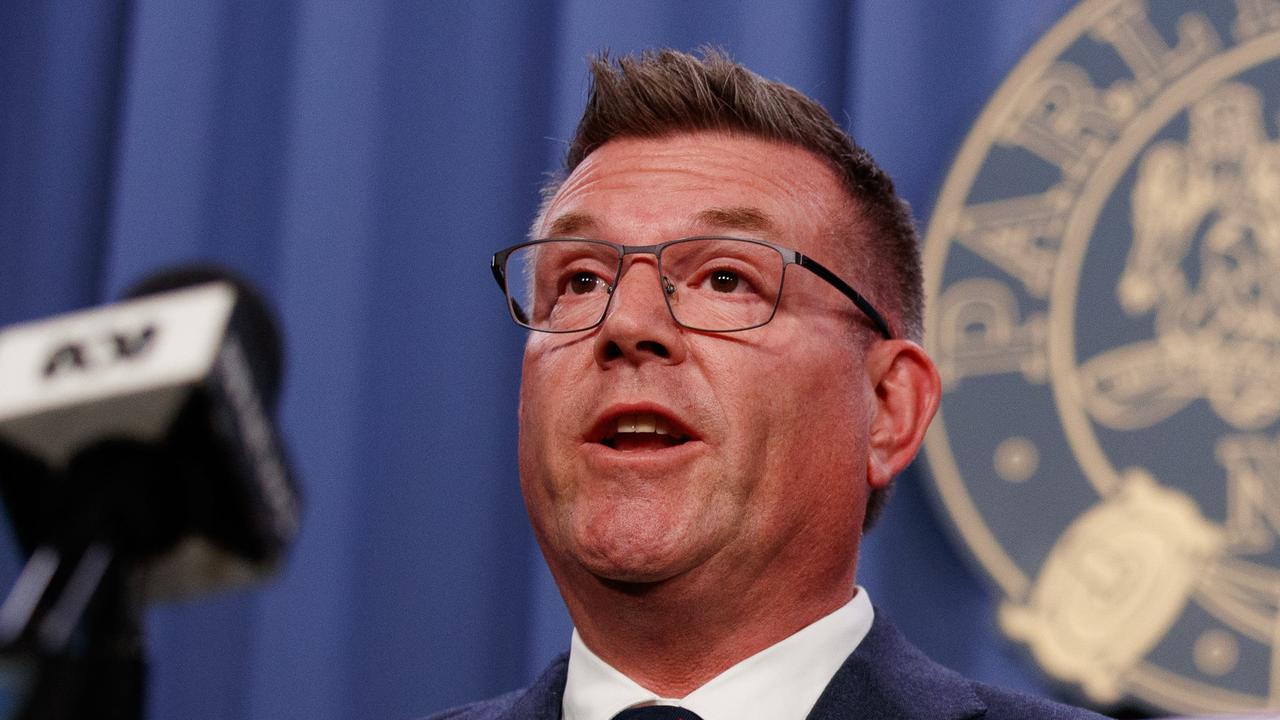Hate speech and anti-Semitism laws pass after fiery debate
Labor has accused the Coalition and Greens of watering down hate speech laws by imposing a three year expiration date and allowing discussion of religious texts to be protected.
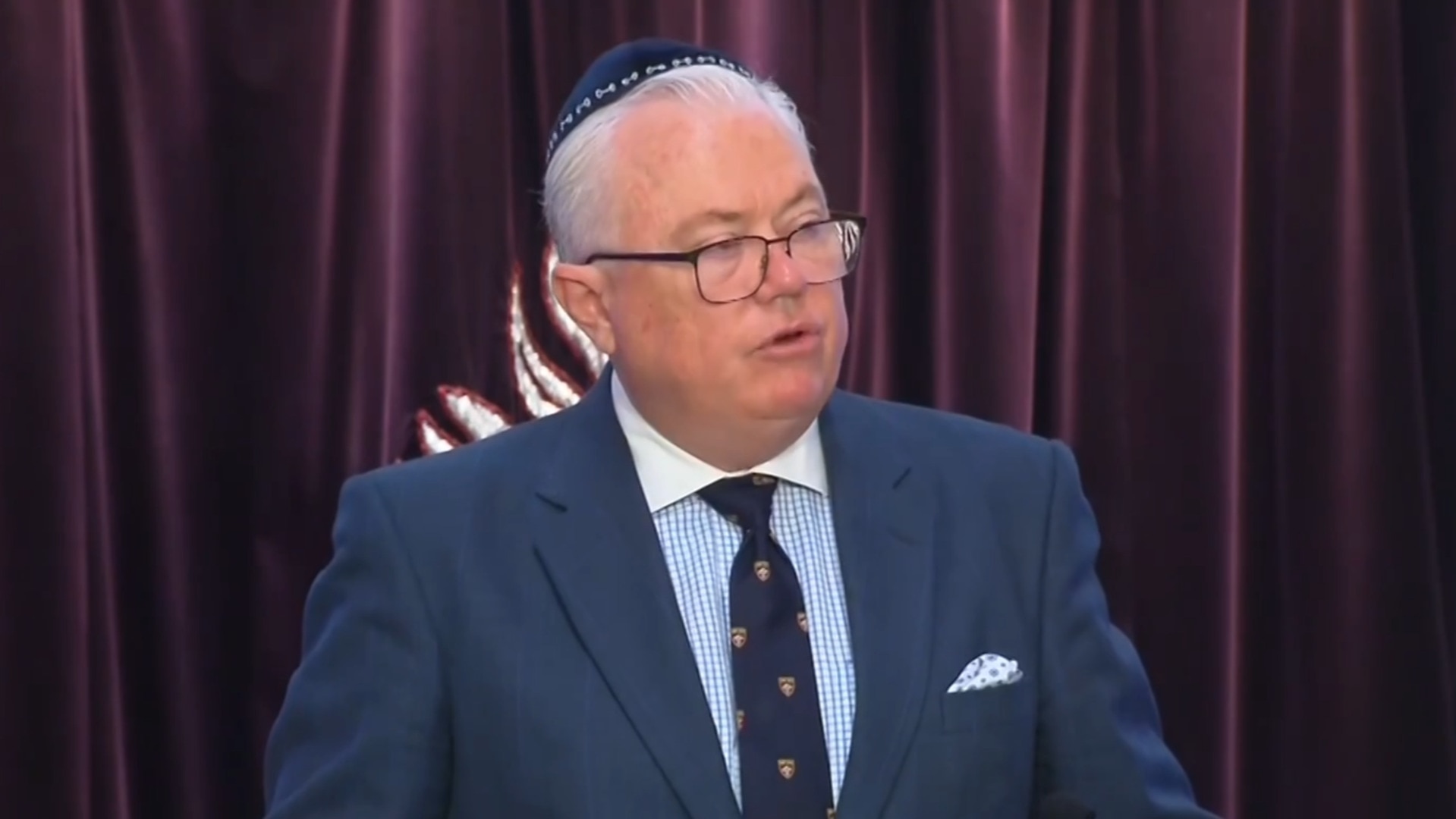
NSW
Don't miss out on the headlines from NSW. Followed categories will be added to My News.
Tough new hate speech and anti-Semitism laws have passed through state parliament but not before the Minns government was forced to adopt three changes, including an expiration date and allowing for discussions about religious texts.
After a fiery debate that ended about 4.30am, three bills targeting offences near places of worship, inciting racial hatred and inciting racial and religious hatred passed through both houses of the parliament.
However, Labor has accused the Coalition of joining the Greens to “water down” one of the bills by imposing a three year sunset clause, requiring the law to be reviewed by a parliamentary committee instead of a minister and enabling discussions about religious texts.
Introduced in response to rising incidents of anti-Semitism, the Minns government declared the laws would protect the community from racial hatred, offensive Nazi symbols, and the desecration and harassment at places of worship.
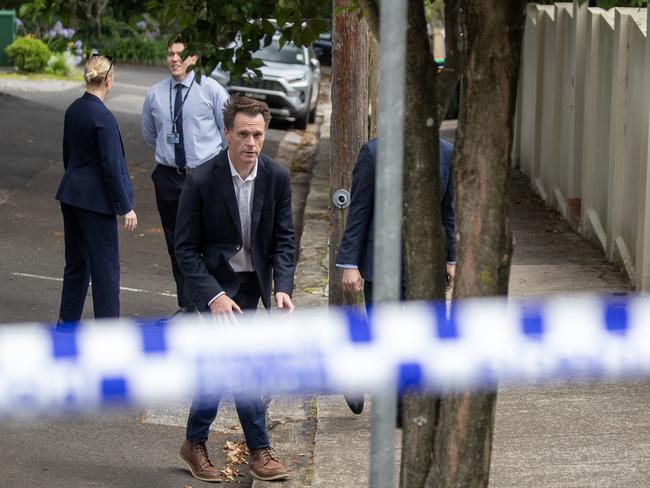
Under the Crimes Legislation Amendment (Racial and Religious Hatred) Bill 2025, Crimes Amendment (Places of Worship) Bill 2025, and Crimes Amendment (Inciting Racial Hatred) Bill 2025, it would become a crime to block, impede or hinder a person from accessing or leaving, or attempting to access or leave, a place of worship without a reasonable excuse.
Harassing, intimidating or threatening a person accessing or leaving, or attempting to access or leave, a place of worship would also be outlaws, punishable by a fine of $22,000 or two years’ imprisonment, or both.
The laws also clarified that graffiti was a “public act” for the purposes of the offences of threatening or inciting violence and displaying Nazi symbols with tough new sentences for displaying by public act a Nazi symbol on or near a synagogue, the Sydney Jewish Museum or a Jewish school.
When a person’s conduct was deemed to be driven by hate, the laws mean they would face an “aggravated” sentence.
While the laws also make it a crime to intentionally and publicly incite hatred towards another person, or group of people, on the grounds of race, amendments moved by the Coalition and the Greens to the inciting racial hatred bill allowed for discussions referencing religious texts to be exempted.
Under the proposed bill, only teachings of religious texts were exempted.
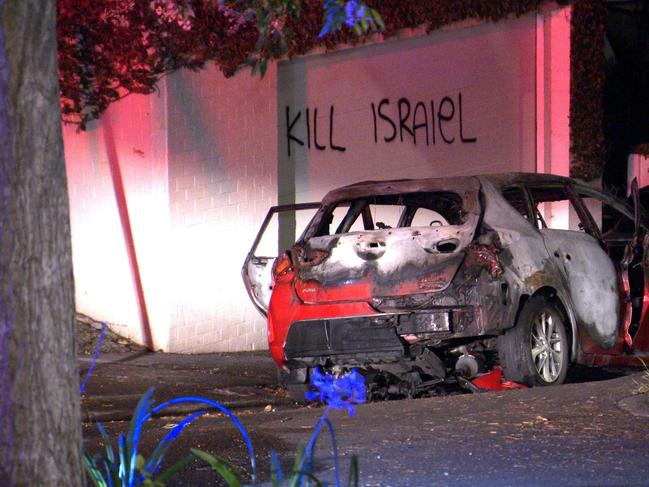
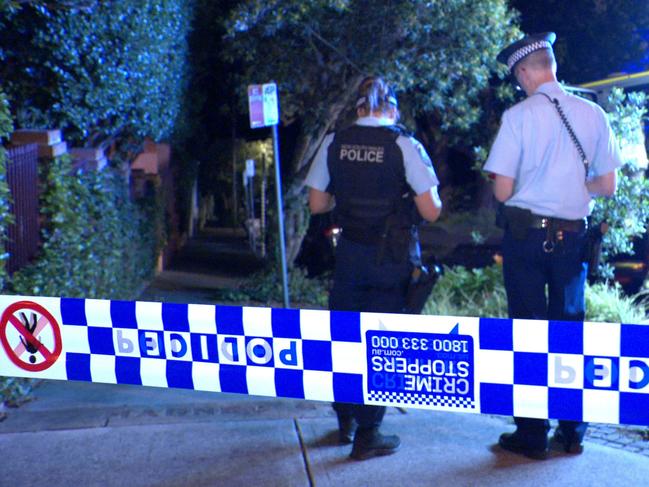
The inciting racial hatred bill will also now expire after three years after the Coalition successfully imposed a sunset clause.
The bill also will be reviewed by a state parliamentary committee instead of a minister as first proposed.
Incitement of racial hatred will attract a maximum penalty for an individual of two years’ imprisonment, fines of up to $11,000, or both, while corporations can face fines of $55,000.
NSW Premier Chris Minns said while the package of legislation was in response to anti-Semitism, it would protect people “of all races”.
“The Government has acted quickly in response to disgusting acts we have seen in our state,” he said.
“Our package of legislation is a strong response to recent anti-Semitism, but it will also protect people of all races.”
During the debate, NSW Attorney-General Michael Daley accused the Coalition of “teaming up with the Greens” to push through amendments that watered down the laws.
“They’ve teamed up with the Greens to weaken hate speech laws in NSW,” he told parliament.
“That is not political leadership.
“That’s not the sort of support that the Jewish community in NSW and Australia were looking for.”
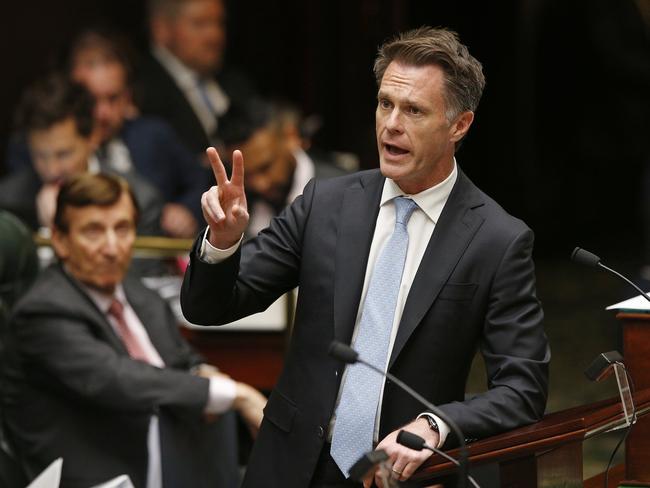
However, Opposition attorney general Alister Henskens said it was Labor and the Greens that had weakened the laws by failing to adopt several Coalition amendments that he claimed had been supported by the NSW Jewish Board of Deputies.
These had included increasing penalties for the public display of Nazi symbols from two years to five years, the creation of offences for the display of terrorism symbols “with a similar penalty” and allowing police to deal with protesters who disguised their appearance in public assemblies, he said.
“It was Labor and the Greens that watered down anti-Semitism laws,” Mr Henskens said.
“None of the minor Coalition amendments did that.”
Defending the sunset clause, Liberal Leader of the Upper House Damien Tudehope said the new laws represented the first time “free speech” in NSW would be “criminalised”.
“This is very novel legislation because for the first time in NSW, we are criminalising free speech,” he said.
“The amendments that were passed recognise that hopefully these laws which are being introduced against the background of an anti-Semetic wave hitting NSW will hopefully not be needed in three years time,” he said.
The NSW Jewish Board of Deputies president David Ossip said while he welcomed the reforms, he was concerned the broadening of the exemption to capture religious discussion might limit the law’s ability to “appropriately deal with hate preachers”.
“We note that the Minns Government’s original proposals on hate speech were amended by members of the Legislative Council,” he said.
“These changes included a much broader exemption for ‘religious discussion’ which we fear may limit the law’s ability to appropriately deal with hate preachers.
“Genuine religious discussion and teaching should never include or require incitement to racial hatred, but this exemption will give those who wish to spread hate a much broader defence. “
More Coverage
Originally published as Hate speech and anti-Semitism laws pass after fiery debate




